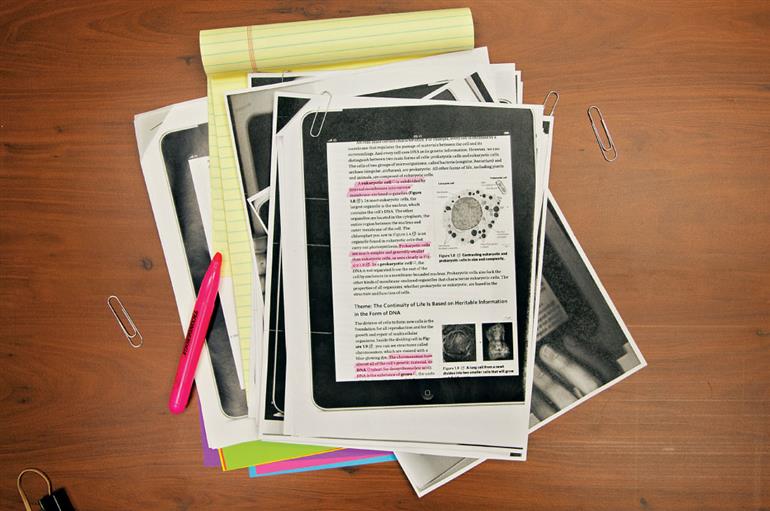The Basics of E-Publishing and Its Advantages

Electronic Publishing is more commonly known by its short form, e-publishing. E-Publishing involves the publication of content over electronic media such as compact disks, e-mails and online platforms. It removes the need for print media completely. Modern writers are benefiting more than ever thanks to a never-before-seen accessibility to internet and alternate technologies.
Tips for Putting Content Together
- The very first step to taking advantage of the E-Publishing trend is to think of your field of expertise, something you can write a lot on. There is no lack of readers on electronic media these days, and if you have decent material to put out, you are guaranteed readership.
- It’s important that you note down your topic, and break it down to as many sub-topics as possible. The more comprehensive your coverage of any topic, the more quality readership it will fetch.
- Once you have decided on the sub-topics, try and expand them. Remember to write honestly. Don’t worry about grammatical errors and spelling mistakes as you can embellish your writing later on.
- Once you have finalized the content matter, it’s time to proofread and make changes wherever necessary. In this step, you can edit out or add portions wherever you see fit.
- Arrange the proofread content in a way that makes it look attractive and makes sense from top to bottom.
The E-Publishing Positives
- Platform for New Writers: Thanks to the publisher’s reduced investments, there is lesser risk involved. As a result, a lot of new writers can showcase their writing skills thanks to the E-Publishing trend. E-Publishing has seen the rise of unconventional writers, who have brought a dash of much needed freshness to the writing industry.
- Increased Freedom for Writers:Conventional paper publishers are known for being heavily interfering if they don’t like the writers’ respective ways of writing. However, e-publishers are generally much more relaxed and hence, there is greater creative control for writers.
- Ability to edit at any time: If you’re unhappy with the publication and you want to change a certain part of the content, e-publishing makes it easy. This is a major hassle when it comes to paper publication, where books already on the shelves cannot be further edited.
- Higher Royalty Amounts: If you make it big as a writer under an e-publisher, expect much higher royalties than you would get from a paper publisher. The negligible initial investment from the publisher again comes into play in this point. It has been seen that writers receive nearly 70% royalty fees through e-publishing.
In the short term however, E-Publishing generally offers much lower revenue than conventional publications. From a marketing standpoint, writers have to do most of the marketing work and this can be a problem. However, the advantages far outweigh the negatives and it can be said for certain that e-publishing is here to stay.
Searching for E-Publishing? Let’s make your search simple with professionals!
Take your E-Publishing to the next level with Sulekha. Boost your online visibility, connect with more clients, and grow effortlessly!
Blogs Related to E-Publishing

The Growth Of E-Publishing
The e-publishing

Benefits of E-Publishing Your Novel
Many of us dream of writing a superb novel; however, there were a lot of things that probably stopped us from doing so. And, one most important thing that hindered us is that we couldn’t find any publishers to publish our writing. We had to look out

E-Publishing: The Positives on Offer
Conventional paper publishing methods have garnered plenty of negative criticism over the last few years. The main complaints amongst authors were regarding the interfering tendencies of publishers, not only in terms of the contract and the money to

The Basics of E-Publishing and Its Advantages
Electronic Publishing is more commonly known by its short form, e-publishing. E-Publishing involves the publication of content over electronic media such as compact disks, e-mails and online platforms. It removes the need for print media completely.